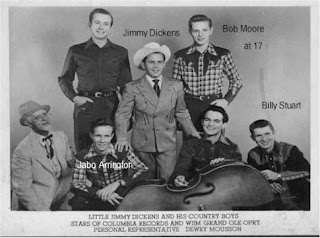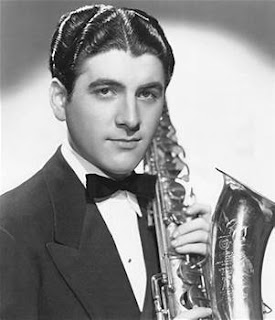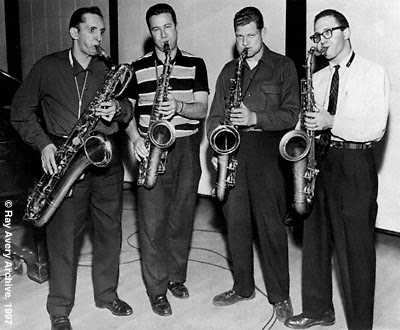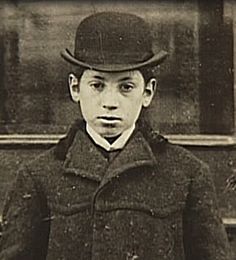Bob Moore (November 30, 1932 – September 22, 2021) was an American session musician, orchestra leader, and double bassist who was a member of the Nashville A-Team during the 1950s and 1960s. He performed on over 17,000 documented recording sessions, backing popular acts such as Elvis Presley and Roy Orbison. Bob was also the father of multi-instrumentalist R. Stevie Moore, who pioneered lo-fi/DIY music and is arguably one of the most recorded instrumentalists in music history.
Bob Loyce Moore was born in Nashville, Tennessee and was raised by his grandmother near Nashville’s Shelby Park. By age nine he set up a shoeshine box near the entrance of the historic Ryman Auditorium, and before long was invited backstage to shine the boots and shoes of Opry stars. Only a year later, Moore had begun performing in a band he formed called the Eagle Rangers. He learned to play bass from Jack Drake, Ernest Tubb's bass player.
Moore was 15, he joined th Grand Ole Opry duo Jamup & Honey before joining Little Jimmy Dickens’ band at 18. At age 23, his abilities brought an offer to play on the famed Red Foley ABC-TV show, Ozark Jubilee. Playing with the show's band in Springfield, Missouri on Saturdays and traveling to Nashville during the week proved to be exhausting, however, and after two years, he returned to Nashville.
Moore met Owen Bradley, who was playing trombone in Nashville radio station WSM-AM's staff band. In 1950, Bradley hired Moore to perform on a direct-to-disk transcription which was recorded via cable from the stage of the Ryman Theatre. Soon thereafter, Bradley became the head of Nashville's division of Decca Records and brought Moore in as a session musician. Moore went on to perform on over 17,000 documented (Federation of Musicians Local 257) recording sessions and was a key member of The Nashville A-Team, a core group of first-call studio musicians, that began to coalesce in the early 1950s playing on Nashville recordings that represented what would become known as rockabilly, including for Brenda Lee, Bobby Helms, Wanda Jackson, and Johnny Burnette and the Rock & Roll Trio.
In 1958, he played on his first of many Elvis Presley sessions at RCA Studio B and soundtrack. The following year he teamed up with Fred Foster to establish Monument Records, where, as the label's musical director, he created arrangements for Roy Orbison. Moore appeared on almost all of Cline's Decca sessions from her first in November 1960 to her last in February 1963.
 |
| Roy Orbison & Bob Moore |
In 1960, he formed the Bob Moore Orchestra and recorded an album which included "Mexico", a 1961 45 rpm single that went to number seven on the Billboard pop music chart, remaining in the Top 40 for ten weeks. The song also topped the Easy Listening chart for one week in 1961and went to No. 1 in Germany and Australia. It sold over two million copies, worldwide earning a gold disc. Bob Moore also plays the bass intro on the Roger Miller hit, "King of the Road".
His work in the 1980s included touring with Crystal Gayle and Jerry Lee Lewis, also recording with the likes of J.J. Cale and George Strait. Moore worked in a variety of music scenes, including a performance at the Newport Jazz Festival and recording with Arthur Fiedler and the Boston Pops Orchestra. He had strong roots in country music, and in 1994 Life named him the number one Country Bassist of all time. He performed with such diverse recording artists as Bob Dylan, Marty Robbins, Jerry Lee Lewis, Flatt and Scruggs, Patti Page, Sammy Davis, Jr., Julie Andrews, Andy Williams, Connie Francis, Moby Grape, Wayne Newton, Quincy Jones, Burl Ives, Roger Miller, and French singer Johnny Hallyday.
Moore was honoured as part of the Country Music Hall of Fame and Museums’ Nashville Cats: A Celebration of Music City Session Players program, and was inducted into the Musicians Hall of Fame in 2007, along with other members of the Nashville A-Team. He died on September 22, 2021, at the age of 88.
His career is best summed up by himself. "I can imagine how tragic it would be for a man to work all his life and not have access to what he did. I can turn on the car radio, and I can always hear me!"
(Edited from Wikipedia, Pitchfork, tims & Music Row)







































.jpg)














